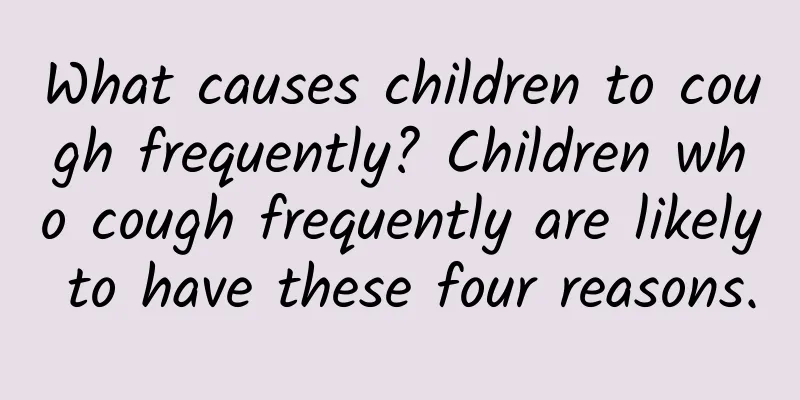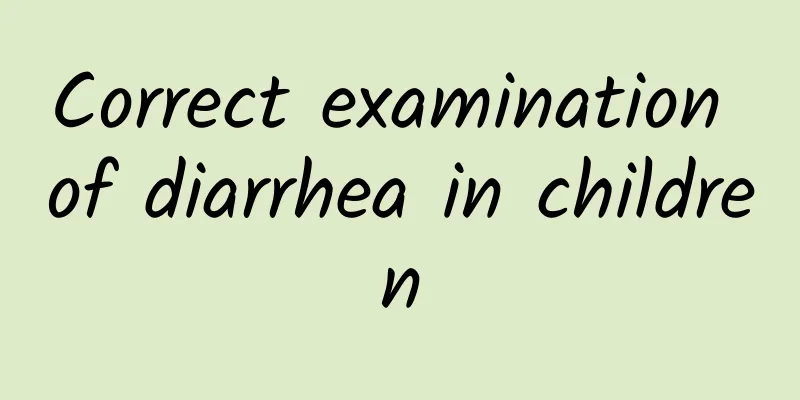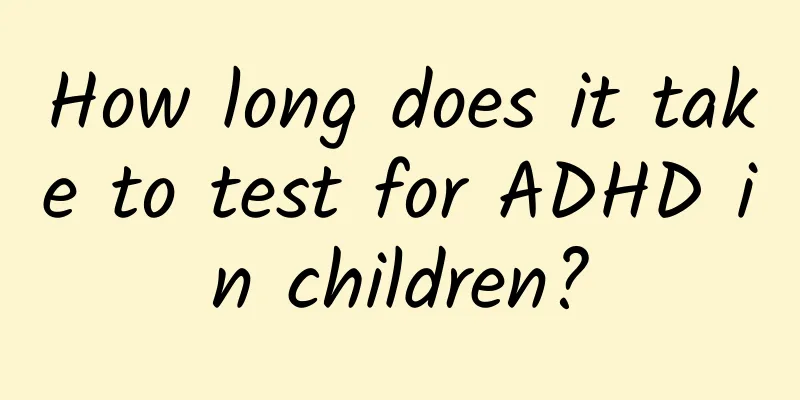What is the diagnosis of jaundice?

|
Neonatal jaundice is a common physiological phenomenon in children during their first years of life, but it can also be a manifestation of disease. It is divided into physiological jaundice and pathological jaundice. Pathological jaundice poses a great threat to the healthy growth and even life safety of children. The nature of jaundice needs to be correctly judged in time. So how to diagnose neonatal jaundice? This is physiological jaundice, which can heal itself without treatment. Some jaundice is very mild and cannot even be seen without careful observation. Some jaundice is very deep and lasts for a long time, ranging from half a month to more than 20 days, showing the phenomenon of jaundice retention. It is more common in premature infants or newborns with cephalohematoma and a history of asphyxia. However, as long as the baby eats well, has no abnormal spirit, has normal bowel movements, and the jaundice gradually fades, this is also within the scope of physiological jaundice, so there is no need to panic. If a child has jaundice at birth and it gets worse quickly, but the mucous membranes of the lips are very pale, and the breathing and heartbeat are very rapid, this is neonatal hemolytic disease caused by incompatibility of the mother's and the child's blood, and the child needs to be rushed to the hospital for emergency treatment. If jaundice appears a week or several weeks after birth, and it gets worse progressively or intermittently, accompanied by fever, grayish complexion, refusal to eat, nausea, vomiting and other poisoning symptoms, it is possible that a part of the body is infected with bacteria and has neonatal sepsis. There is no jaundice at birth, but jaundice appears 1-2 weeks or longer after birth, and it progressively deepens. The baby is still good at feeding. For example, the stool is still light yellow in the first few days after birth, but as the jaundice deepens, the stool gradually turns white and clay-like. This is a kind of obstructive jaundice. The baby needs to be sent to the hospital for detailed examination, which may be congenital biliary atresia. If the neonatal jaundice is very deep and persistent, and there are neurological symptoms such as drowsiness, weak sucking, muscle paralysis, and as the disease progresses, there are screaming, staring, increased muscle tension, convulsions, vomiting and other symptoms. This is because the bilirubin in the blood has entered the brain and combined with the brain tissue, seriously damaging the brain nerves. Severe cases will have dementia sequelae. Neonatal jaundice is extremely harmful to children, so parents must pay attention to it. In order for your children to grow up healthily and happily, parents must understand the various diseases that may endanger their children's health, and also take good care of their children in daily life. |
<<: What are the dangers of neonatal jaundice
>>: What tests should be done to confirm pathological jaundice?
Recommend
How to treat hand, foot and mouth disease in children?
Children with hand, foot and mouth disease need t...
Necessity of pneumonia examination in children
Many parents may not know about pediatric pneumon...
What to do if a newborn baby has a rash How to provide daily care for a newborn baby with a rash
Neonatal rashes can be treated with topical medic...
What tests do children with eczema need to do?
What kind of examinations do children with pediat...
What to eat for breast milk diarrhea
What is good to eat for breast milk diarrhea? Thi...
Instructions for use of children's cold granules: correct medication to keep your baby away from colds
Xiaoer Ganmao Granules is a Chinese patent medici...
What are the treatment principles for breast milk diarrhea?
What are the treatment principles for breast milk...
Tips for preventing pneumonia in children
Neonatal pneumonia is the most common infectious ...
How serious is pneumonia in children?
There will always be diseases appearing in our li...
What are the key points in diagnosing Kawasaki disease?
Many diseases appear around us. If we do not pay ...
Will post-polio symptoms get worse?
Many patients with sequelae of polio will ask, wi...
What is the most serious complication of neonatal jaundice?
What is the most serious complication of neonatal...
How much does it cost to check for eczema in children?
New parents should know that almost every baby ha...
What should children with eczema not eat? 4 types of food that children with eczema should not eat
If you want your child with pediatric eczema to r...
Will acute laryngitis in children always be accompanied by fever?
Will acute laryngitis in children always be accom...









